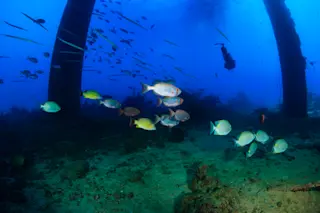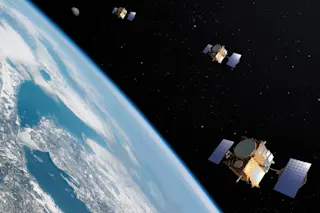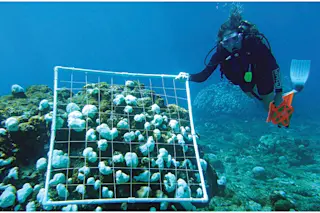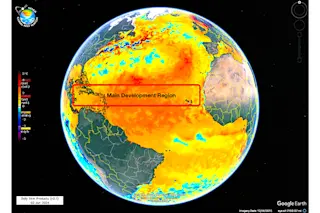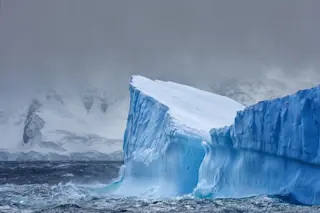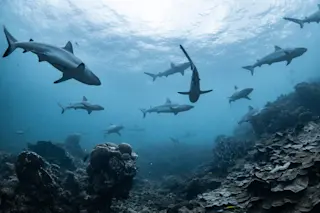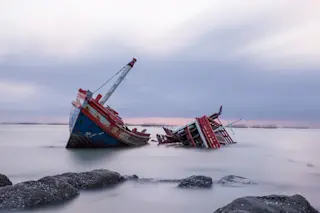Offshore oil rigs have become refuges for marine species around the world. But now many of these sites are being dismantled. (Credit: Richard Whitcombe/shutterstock) The rugged North Sea, between Norway and the United Kingdom, once held some of the world’s most productive offshore petroleum fields. And across the region, oil rigs still tower above the ocean floor — their beams crisscrossing up from the watery depths like mechanical mountains. But with productivity and oil prices in decline over recent years, hundreds of these structures are now set for removal. It’s a day that environmental groups have waited decades to see. Yet some scientists are concerned. A growing number of studies show that these platforms support thriving ecosystems with important coral reef and fish communities. But most of this research has focused on oil rig ecosystems off the coast of California and the Gulf of Mexico. Little scientific work has been ...
Dismantling Oil Rigs Could Destroy Vital Coral Reefs
Discover how offshore oil rigs ecosystems in the North Sea support marine species and the debate on their removal.
More on Discover
Stay Curious
SubscribeTo The Magazine
Save up to 40% off the cover price when you subscribe to Discover magazine.
Subscribe

